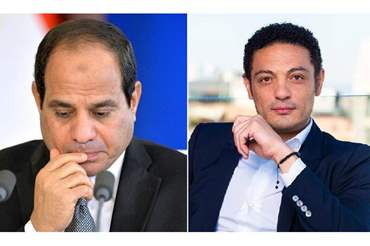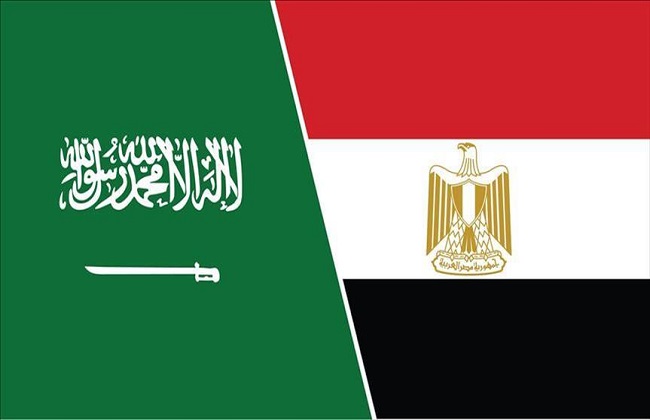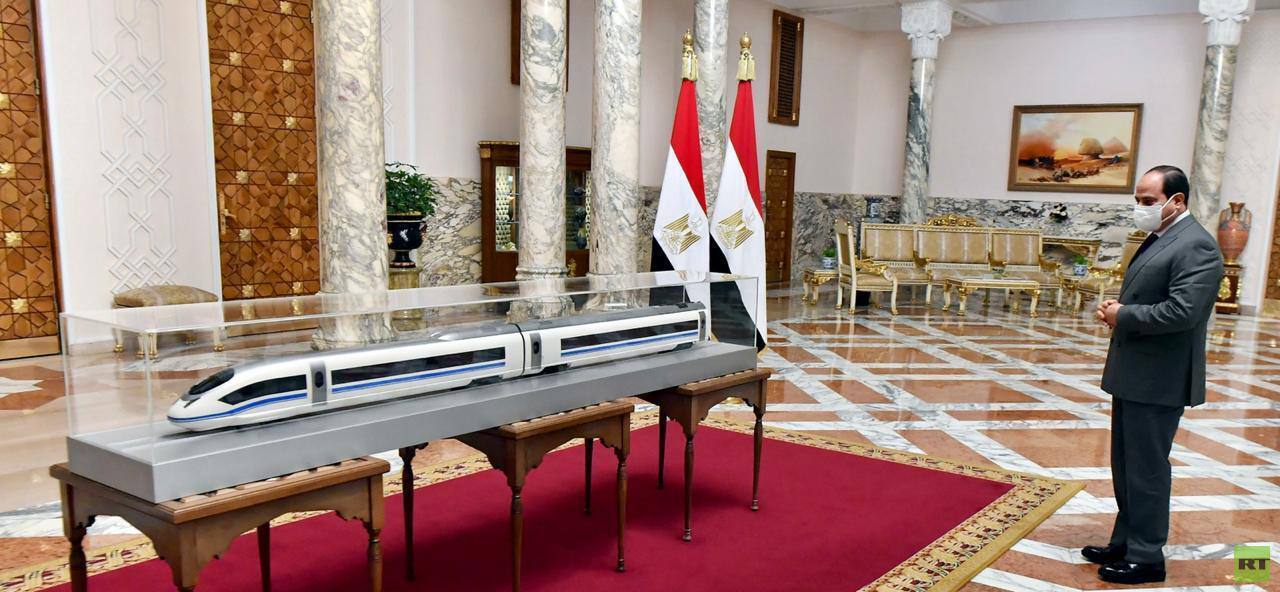January 3, 2019
The spokesperson for the Muslim Brotherhood, Talaat Fahmy, said
that the Muslim Brotherhood believes that the National Accord
Document, announced by the Egyptian activist Mohamed Ali, is an
appropriate basis for Egypt’s faithful sons to carry out the duty of
the national struggle to remove the military coup.
Fahmy added in a statement published on the Brotherhood’s
official website, “The document aims to establish a modern,
democratic, civil state, which chooses its institutions and its
president through free and fair elections, preserves the
independence of the national decision and the capabilities of the
country, and recovers what has been forfeited from it.”
The statement called on all national powers to meet and work to
achieve the goals of the Egyptian people’s revolution in freedom,
social justice, and human dignity.
The group valued the “sacrifices of the authentic Egyptian people,
and its righteous martyrs, in the forefront of which is the late
President Mohamed Morsi,” as it salutes all the free men and
women in the prisons of injustice and tyranny, according to the
statement.
The statement came hours after the deputy leader of the Muslim
Brotherhood, Ibrahim Mounir, announced his support for the
Egyptian Accord Document, expecting that there would be a wide
response from various Egyptian national groups.
The Brotherhood’s approval of this document is the first support it
has received from a large Egyptian political party. Mohamed Ali
says his document was co-authored by experts from all currents,
but so far, no big party has announced its support clearly.
Opponents hope the Brotherhood’s approval of this document will
pave the way for a series of approvals by other parties.
Observers consider that uniting opposition forces would pose a
challenge to General Abdel Fattah al-Sisi.
But observers exclude that Egyptian parties, whose leaders live
inside the country, will support this document, in light of the
severe security repression there.
Last Friday, Ali announced the document he had worked on for
more than a month, and included eight ruling principles.
He said that the various forces may accept them all, and may differ
from each other, but he stressed the need to agree first to toppling
the regime of the General Abdel Fattah al-Sisi.
Among the most prominent ruling principles included in the
document is the affirmation of civil government and democracy in
Egypt, the promotion of the right to citizenship, respect for human
rights, guaranteeing the freedom to establish and manage political
parties, restructuring the state’s relationship with all religious
institutions, and considering that transitional justice is a guarantee
for social reconciliation.
Observers say that this document is a repetition of everything that
was already known and agreed upon and that it has no value.
But opponents say the importance of that document is to unify the
opposition forces against General Abdel Fattah al-Sisi.
In 2011, political forces in Tahrir Square united during the January
25, 2011 revolution, to end the rule of former President Hosni
Mubarak.
The army was forced to align with the demonstrators and Mubarak
stepped down after an 18-day sit-in in Tahrir Square.
After that, the political forces did not unite behind specific
demands as in the January 25 revolution.
This does not preclude that phased broad alliances have occurred,
and in fact, they have all succeeded in achieving their goals.
For example, most political forces united to support the late
President Mohamed Morsi in the 2012 presidential elections
against the military candidate Ahmed Shafik, and Morsi won. Most
political forces also supported Morsi when he overthrew a number
of senior members of the military council, including the
commander-in-chief of the Armed Forces, Field Marshal Hussein
Tantawi, and Chief of Staff, Sami Anan.
But differences soon grew between the political forces, and al-Sisi
used this to isolate each political current and oppress its members.
Observers say that uniting the opposition forces would pose a real
challenge to the general’s rule because every time Egyptians unite
behind one goal, they have succeeded in achieving it.





Recent Comments